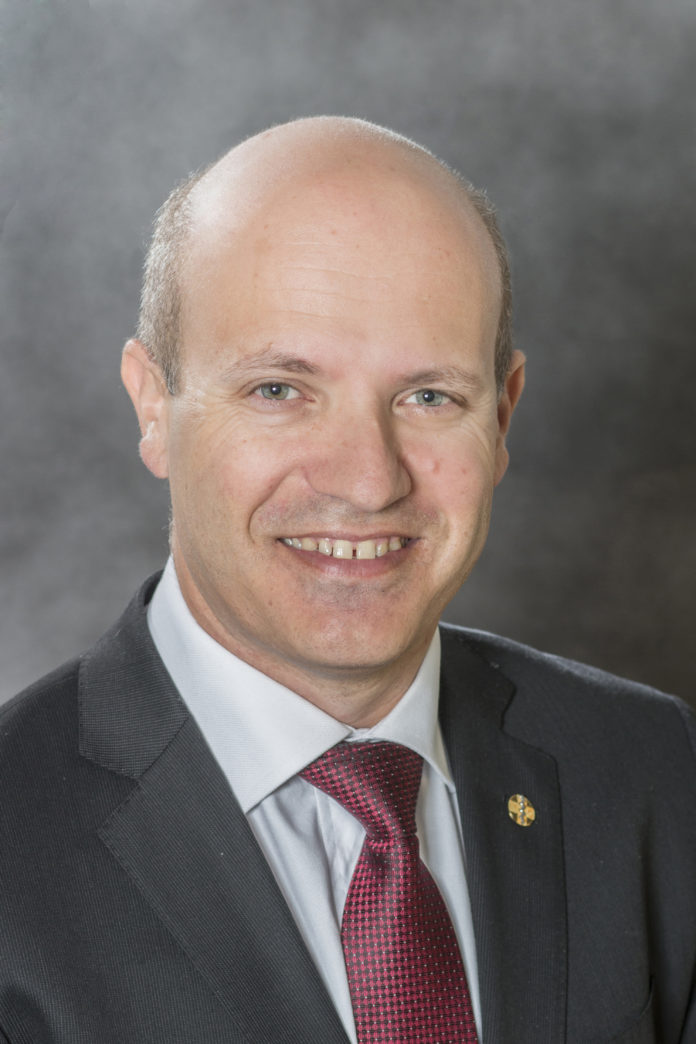
Amid reports of a possible Budget retreat by the Government, the AMA reiterates that it strongly opposes the Government’s proposed co-payment model for GP, pathology, and radiology services, and the planned $5 cut to the Medicare patient rebate.
AMA Vice President, Dr Stephen Parnis, said today that the AMA is concerned that its position is being misrepresented by the Government in its dealings with the Senate crossbenchers.
“We want to send a clear message to the crossbenchers that the AMA has been a leading critic of the Government’s co-payment model since Budget night,” Dr Parnis said.
“The Government’s co-payment would hurt the most disadvantaged in the community – the poor, the chronically ill, the elderly, and Indigenous Australians.
“To make things worse, the Government plans to take more money from the sickest and neediest Australians by cutting their Medicare rebate by $5.
“We urge the Senate to vote down this callous cash grab from the most vulnerable people in our community. It is bad health policy.”
Dr Parnis said the AMA supports co-payments in principle, but only for patients who can afford to pay.
“The AMA has put forward an alternative proposal – at the Prime Minister’s request – that protects the vulnerable and provides strong investment in general practice to allow it to meet growing demand from an ageing population and more people with chronic and complex disease.
“The AMA has proposed a health policy that strengthens the health system to provide quality health care for more Australians into the future.
“The Government has proposed an economic policy to heal the Budget bottom line, but which creates cost barriers that will prevent many Australians from getting the health care they need.
“The choice is clear – the Government’s co-payment proposal must be rejected,” Dr Parnis said.
The AMA’s alternative co-payment plan is here: https://ama.com.au/media/ama-model-protects-vulnerable-patients-co-payment-pain
